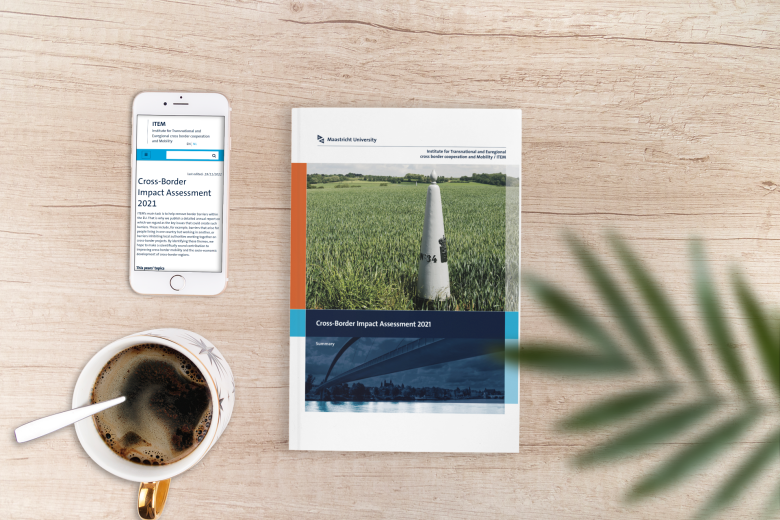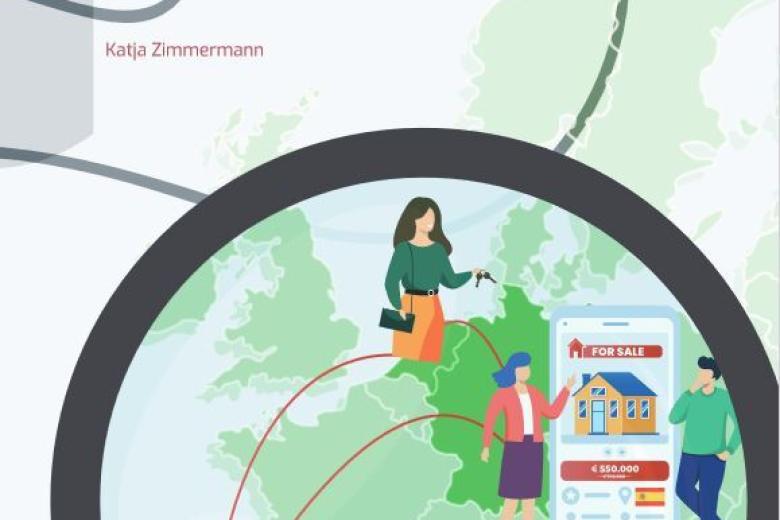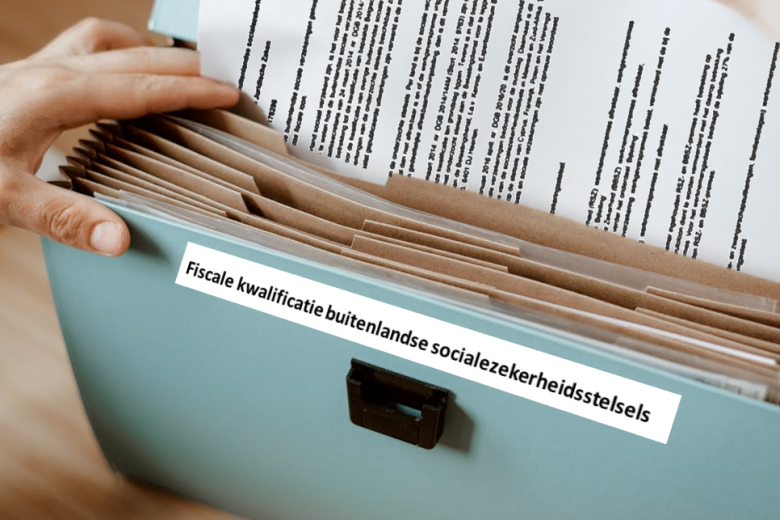Overcoming obstacles: Child care workers across the border
Recognition procedures prevent Dutch child care workers from being able to work abroad. This was revealed after several reports by the Service Grensoverschrijdende Arbeidsbemiddeling (Service Cross-border Employment mediation). This has led several parties in the region of The Netherlands / North Rhine Westphalia (Expertise Centre ITEM and the Service Grensoverschrijdende Arbeidsbemiddeling in particular) to cooperate on a pilot procedure, in order to examine whether partial recognition as Erzieher could be enabled for Dutch child care workers.
Cross-border employment is often proposed as a solution when one country’s labour market is confronted with shortages whilst the neighbouring country has an abundance of certain professionals. This was also the case for child care workers in the Netherlands and Germany: the Netherlands saw a decrease in jobs in the child care sector, whilst Germany saw a rise in demand. A suggested solution is to employ Dutch child care workers across the border in Germany (North Rhine-Westphalia). However, recognition procedures stand in the way of the swift labour market access of Dutch child care workers.
The core of the issue complicating the labour market access of Dutch child care workers relates to a difference in the range of activities of the child care professions in the Netherlands and Germany (North Rhine-Westphalia). The German equivalent profession Erzieher covers a broader range of activities covering other fields of activity apart from child care (e.g. social work).
Despite this difference in age categories and fields of activity, the two professions of Dutch child care worker and Erzieher in North Rhine-Westphalia overlap where child care activities are concerned. Via the Service Grensoverschrijdende Arbeidsbemiddeling (Service Cross-border Employment mediation), a number of cases came to light of Dutch individuals qualified as child care workers who received rejections of their recognition requests in North Rhine-Westphalia. The competent authority recognised that these professionals are qualified to perform child care activities falling within the scope of the Erzieher profession. However, compensation measures (adaptation periods or aptitude tests) are necessary for them to actually be recognised as Erzieher.
These compensation measures relate to those fields of activity within the Erzieher profession that do not concern child care and take up ample time. Partial recognition allowing these professionals to work as Erzieher exclusively carrying out child care activities is currently not a possibility. This means that the professionals concerned would have to complete compensation measures in a field other than child care before being able to obtain recognition as Erzieher. This may be very problematic as the shortage of child care workers in the Aachen region alone is argued to be very high.[1] Allowing Dutch child care professionals to work as Erzieher, but only in child care ensures that these professionals are able to obtain swift access to the North Rhine-Westphalian labour market whilst at the same time reducing the shortage of Erzieher in child care in that region. The possibility of a partial recognition of Dutch child care workers in North Rhine-Westphalia is the central topic of a complaint procedure in which several parties in the Netherlands / North Rhine-Westphalian region (among which Expertise Centre ITEM and the Service Cross-border Employment Mediation) are cooperating.
[1] See WDR, ‘900 offene Kitastellen in Städteregion Aachen’, https://www1.wdr.de/nachrichten/rheinland/kita-mangel-erzieher-aachen-100.html.
Also read
-
ITEM Cross-Border Impact Assessment 2021 published
Due to the Corona crisis, also many cross-border workers are forced to work in their home country. They have been asked not to cross the border to come to their office situated in the neighbouring country. At the moment, this is only possible because the Dutch, Belgian and German governments have...

-
Success factors for cross-border real estate transactions: information and patience
Buying a house abroad, with the complex procedures of rules and formalities that apply in the world of real estate transactions, one might wonder: what obstacles might I encounter? In her dissertation, Katja Zimmermann examined the operation and obstacles of various land registration systems. Her...

-
ITEM focal point taken up: addition to Dutch qualification policy for German social insurance schemes
The Dutch Ministry of Finance has updated the guideline on the tax qualification policy of foreign social security schemes. According to expertise centre ITEM, the addition concerning certain German social insurances is a positive development, which is in line with their vision and commitment in...
